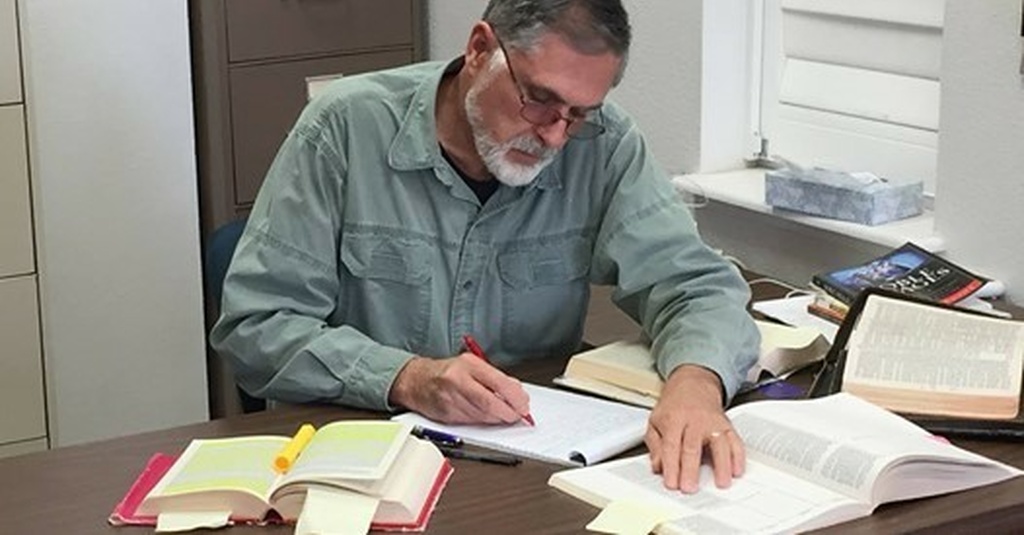
History Is Never About Us
Our era represents the progress of “the story” to date. This does not mean it is the final chapter. And if there is more of the plot to be revealed, it behooves us to perform the role in which we are cast, to be judged by our faithfulness to the duties we are assigned.

- Mark R. Rushdoony
For the last century and a half, Christians have been preoccupied by eschatology; they want to study last things. Implicit in this trend has been the assumption that the end of history is imminent.
But what if the end of history is not soon approaching? What if our anticipation of it actually represents a shirking of duty? Isn’t it a bit arrogant to assume we ought to experience the climax of history? Would we be content to be bit character in God’s Kingdom?
I’d like to share with you one of my father’s poems he wrote in 1990. In it, he makes clear that history is never about us:
(Beyond the Story)
The middle time, an undone story,
Is where we live. And we leave
Before the plot unfolds, with threads
Unfinished, the tale not fully told.
We enter in the middle, as minor
Characters whose work is done.
The center is not us, nor we the story.
The plot moves on beyond us.
We neither start nor end the tale.
The Power beyond us having written
Us into a moment, then moves on.
The story is too vast for us
To grasp the whole. And yet the Teller
Knows all details, forgetting none.
Unforgotten, but all completed
And all made whole in Him,
We stand beyond the story,
In eternity, beyond all time,
The story done
And victory won.
Just because our era represents the progress of “the story” to date does not mean it is the final chapter. And if there is more of the plot to be revealed, it behooves us to perform the role in which we are cast. As always, we are judged by our faithfulness to the duties we are assigned.

- Mark R. Rushdoony
Mark R. Rushdoony graduated from Los Angeles Baptist College (now The Master’s College) with a B.A. in history in 1975 and was ordained to the ministry in 1995.
He taught junior and senior high classes in history, Bible, civics and economics at a Christian school in Virginia for three years before joining the staff of Chalcedon in 1978. He was the Director of Chalcedon Christian School for 14 years while teaching full time. He also helped tutor all of his children through high school.
In 1998, he became the President of Chalcedon and Ross House Books, and, more recently another publishing arm, Storehouse Press. Chalcedon and its subsidiaries publish many titles plus CDs, mp3s, and an extensive online archive at www.chalcedon.edu. His biography of his father will be published later this year (2024).
He has written scores of articles for Chalcedon’s publications, both the Chalcedon Report and Faith for all of Life. He was a contributing author to The Great Christian Revolution (1991). He has spoken at numerous conferences and churches in the U.S. and abroad.
Mark Rushdoony has lived in Vallecito, California, since 1978. His wife, Darlene, and he have been married since 1976. He has four married children and nine grandchildren.